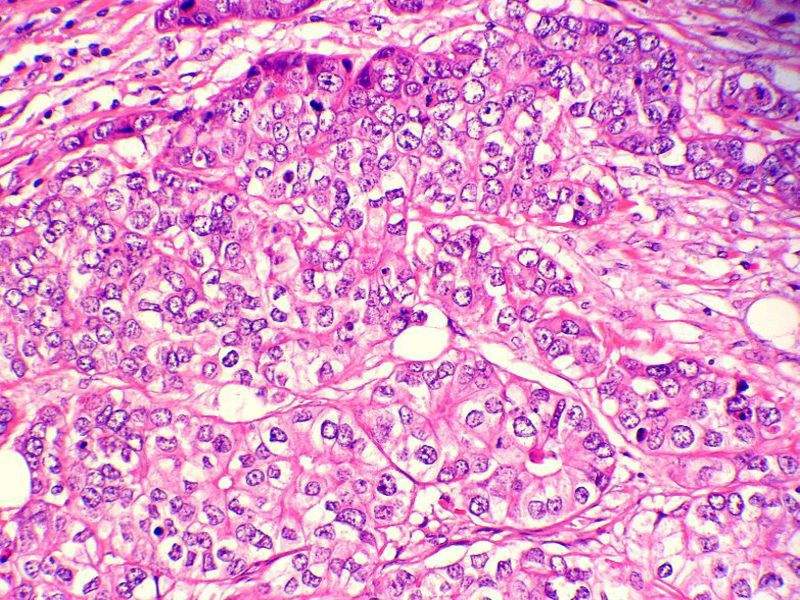
Novartis has reported positive top-line results of Kisqali (ribociclib) from the Phase III MONALEESA-7 trial in patients with advanced or metastatic breast cancer.
Kisqali is a selective inhibitor of cyclin-dependent kinase (CDK4/6) approved for first-line treatment.

Discover B2B Marketing That Performs
Combine business intelligence and editorial excellence to reach engaged professionals across 36 leading media platforms.
The trial has met the progression-free survival (PFS) primary endpoint in premenopausal women with hormone-receptor-positive, human epidermal growth factor receptor-2 negative (HR+/HER2-) advanced breast cancer.
The MONALEESA-7 trial included 670 subjects aged between 25 and 58 years and was designed to show superiority of any CDK4/6 inhibitor in combination with oral hormonal therapies and goserelin compared with endocrine treatment alone
The randomised, double-blind, placebo-controlled Phase III trial assessed the safety and efficacy of Kisqali combination therapy.
Novartis Oncology Global Drug Development executive vice-president and head Samit Hirawat said: “There remains a significant unmet treatment need in younger women diagnosed with premenopausal advanced breast cancer, as the disease tends to be more aggressive with a poorer prognosis.

US Tariffs are shifting - will you react or anticipate?
Don’t let policy changes catch you off guard. Stay proactive with real-time data and expert analysis.
By GlobalData“The MONALEESA-7 trial is the first CDK 4/6 inhibitor Phase III trial designed specifically for this patient population, and we are excited that the study met its primary endpoint, which may allow us to expand the population of patients who can benefit from treatment with Kisqali.”
Developed by the firm in partnership with Astex Pharmaceuticals, Kisqali is approved in 42 countries such as the US and throughout the European Union (EU).
However, the drug candidate is not approved for use in premenopausal women.
Novartis is studying Kisqali in the Phase III MONALEESA programme under various trials involving combination with different hormonal therapies across a broad range of patients.





